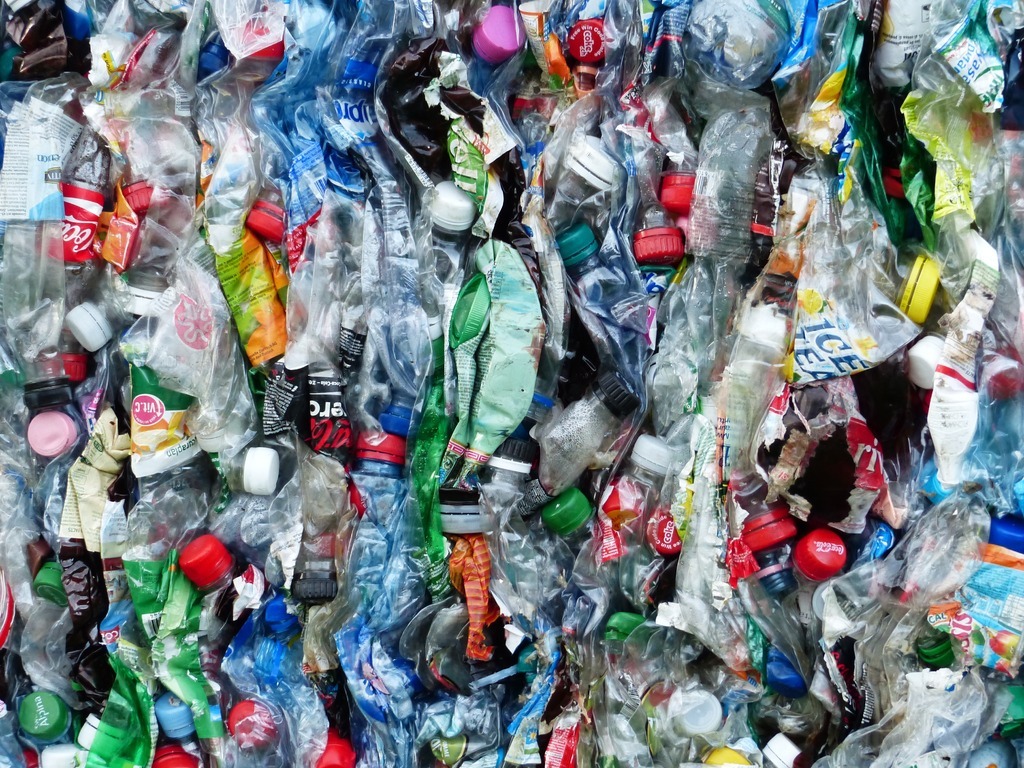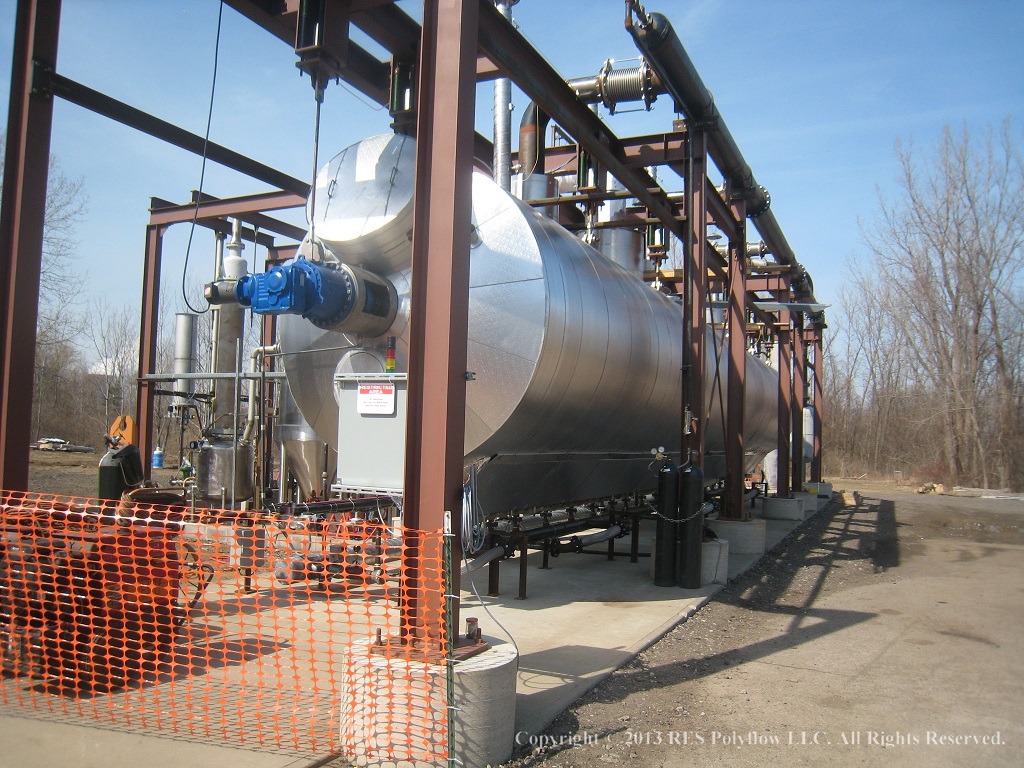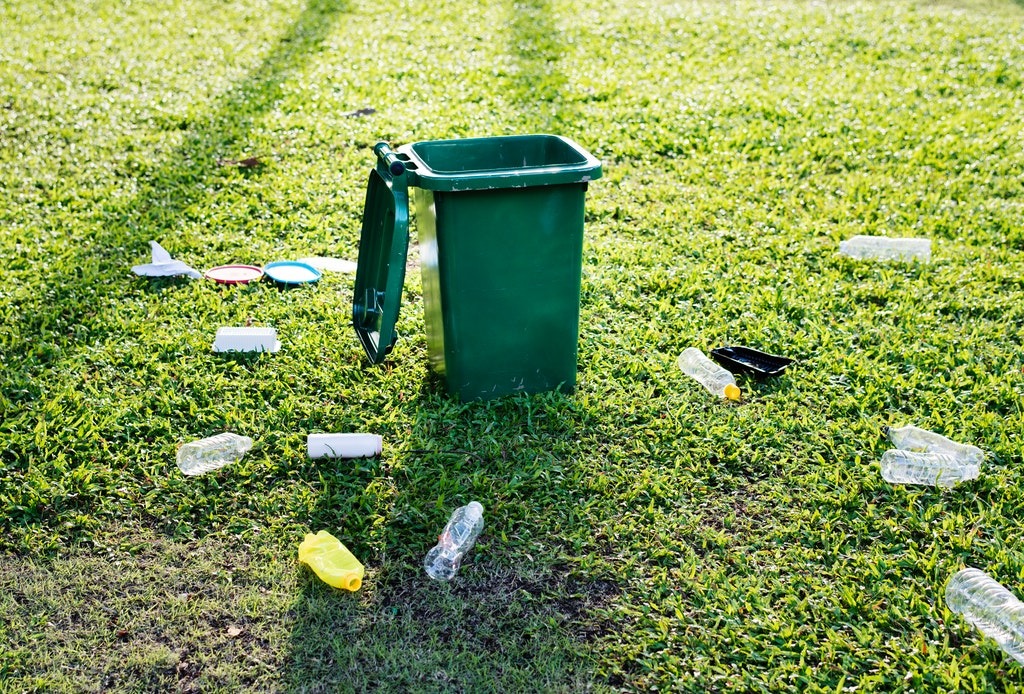The new plant could be a useful solution to the 90% of plastics going to landfill in the US, but environmental groups are concerned it may encourage more use of a material they're trying to limit

AXA subsidiary New Energy Risk (NER) has custom-made an insurance programme for the first commercial-scale plastics-to-fuel plant in the US.
The factory will be developed in the US state of Indiana by RES Polyflow – a company that applies technology to turn polymer waste into fuels and petrochemicals – along with parent firm Brightmark Energy.
New Energy Risk plays ‘critical’ role in securing funding for plant
Jay Schabel, president of Brightmark Energy’s plastics division said: “New Energy Risk’s technology insurance solution was a critical factor in completing the financing for this project.
“We have worked closely with NER to assess the technical aspects of our project and design an innovative insurance solution.

“NER’s involvement successfully lowered our capital cost and served to raise bondholder interest in the project.”
New Energy Risk CEO Tom Dickson said: “We’re proud to have supported Brightmark and RES Polyflow in their capital raise, and are excited to see their leading plastics-to-fuel technology convert plastic waste into millions of gallons of low-carbon fuels.
“Brightmark leads the way in providing a technology solution to the world’s plastic waste problem, while replacing traditional fossil fuels in the process.
“We look forward to continue supporting their work in the years to come.”
Funding and benefits of plastic-to-fuel plant
Last week, RES Polyflow raised $260m (£200m) in partnership with Goldman Sachs to fund the development of the new plant, which it claims will turn 100,000 tonnes of plastic waste into 18 million gallons of fuel and six million gallons of wax annually.
The project’s financing package includes $185m (£143m) in Indiana green bonds, which are earmarked for loans for environmentally-beneficial projects, and underwritten by Goldman Sachs.
NER claims it used a systematic, data-driven approach to extensively assess the company’s technology, then developed an insurance product that covers the overall waste conversion process of the plant.

RES Polyflow claims its plastics-to-fuel process recycles waste that has reached the end of its useful life – including items that can’t readily be recycled.
These include plastic film, flexible packing, Styrofoam and children’s toys.
The plant will super-heat and then convert plastic into ultra-low sulphur diesel, as well as commercial grade wax.
The firm also claims that, in the future, the output could be turned back into plastic, creating the world’s first circular technology for plastics.
Is plastics-to-fuel environmentally friendly?
The process of turning plastics into low-carbon fuels could result in a useful application for waste that would otherwise end up in landfill.
The first analysis of the life cycle of plastics in the US, conducted by the country’s Environmental Protection Agency, found that less than 10% were recycled.
Despite this, environmental experts are ambivalent about the prospect of turning plastics into fuel, with some fearing the process could compound the issue of plastic use they’d like to see decline entirely.
At a 2018 debate in Brussels on the use of plastics-to-fuel operations in Europe, Janek Vahk, a policy officer at the NGO Zero Waste Europe, said: “If we get better at recycling, the plastic waste should also go down, so why invest in super expensive infrastructure just to deal with a temporary problem?”
With a much lower level of plastic recycling in the US, it remains to be seen how temporary this new plastics-to-fuel solution is.
